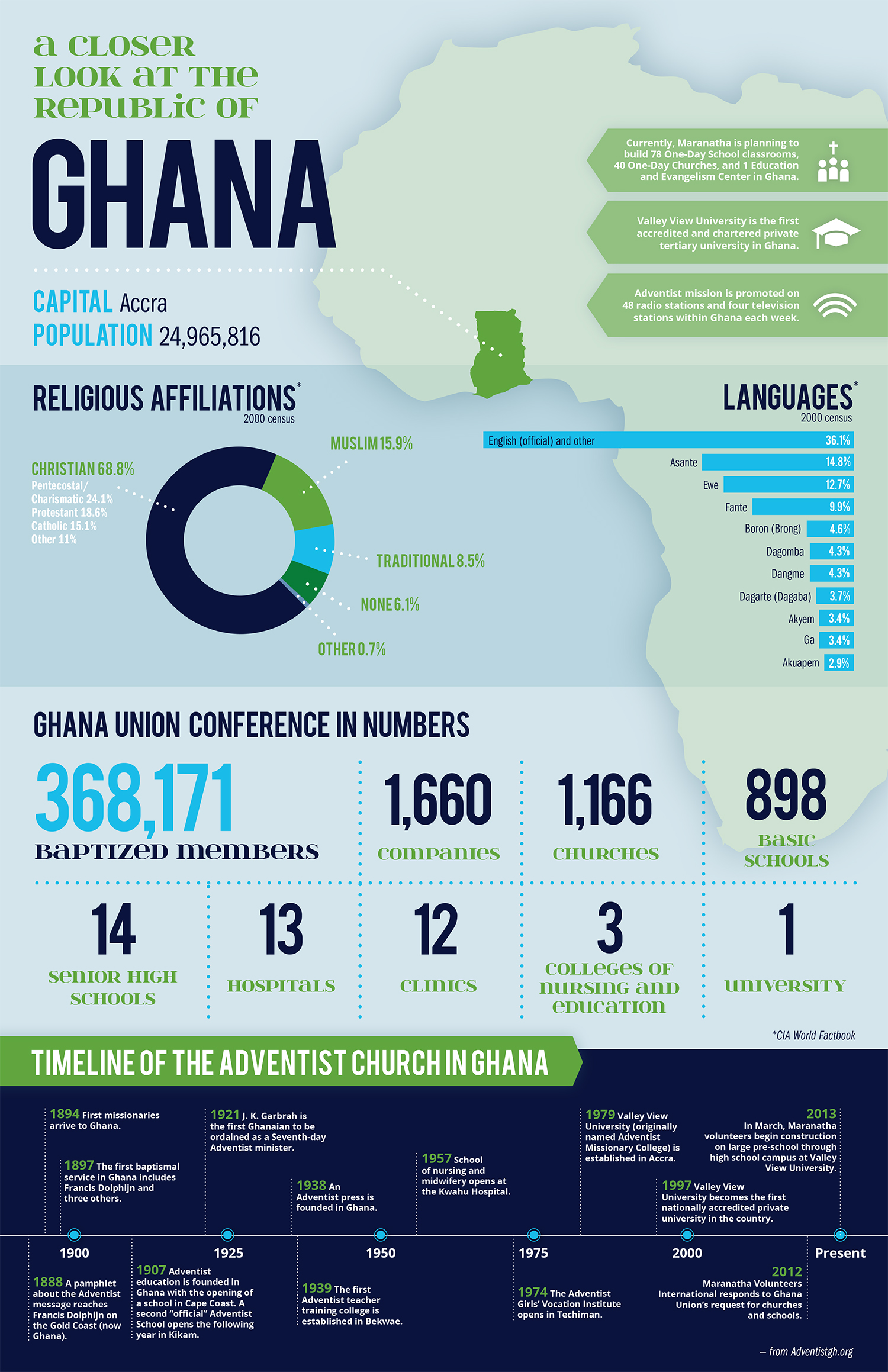Catholic Education And Social Justice: Directing Towards A Better Tomorrow
Catholic Education And Social Justice: Directing Towards A Better Tomorrow
Blog Article
Authored By-Bengtsson McKay
In Catholic education and learning, you're not just learning truths; you're being formed as an individual dedicated to social justice. This technique urges you to acknowledge the self-respect of every person and to advocate for those who are usually unheard. By integrating these worths right into your educational program, you're positioned to make a genuine influence. But just how specifically does this education equate right into significant action in your neighborhood? The solution may stun you.
The Structures of Catholic Education And Learning and Social Justice
As you explore the structures of Catholic education and social justice, you'll find that these two principles are deeply linked.
Catholic education emphasizes the integral self-respect of every person, rooted in the idea that all are developed in God's picture. This perspective promotes a sense of area and duty toward others.
It urges you to recognize social injustices and react with compassion and action. The mentors of Jesus Christ motivate you to support for the marginalized and prone, strengthening the concept that education and learning isn't practically scholastic success; it has to do with forming a just society.
Integrating Social Justice Into the Educational program
Incorporating social justice into the curriculum transforms education and learning right into a powerful device for adjustment. You'll encourage students to believe seriously about social problems, promoting compassion and a sense of obligation.
By weaving social justice motifs into subjects like history, literary works, and science, you develop a more relevant and appealing knowing experience. Discussing real-world problems aids students attach their researches to the area, motivating them to do something about it.
Integrating diverse point of views improves conversations and cultivates understanding amongst peers. Projects and collective assignments can encourage students to discover services to regional and global obstacles.
Eventually, this combination not just strengthens their knowledge yet likewise forms thoughtful individuals prepared to promote for justice and equity in society.
Neighborhood Engagement and Service Opportunities
Involving with the neighborhood via solution chances improves the lessons found out in the classroom. When https://catholiccourier.com/articles/gomez-throughout-churchs-history-mary-has-brought-a-message-of-hope participate in local efforts, you'll experience firsthand the influence of social justice principles. Offering at food banks, sanctuaries, or area clean-ups enables you to use your knowledge and values outside institution wall surfaces.
It promotes a sense of responsibility and empathy, connecting your education and learning to real-world issues. Additionally, these experiences assist you build relationships within your community, enriching your understanding of varied perspectives.
You'll find the importance of partnership and team effort while functioning along with peers and community participants. By committing your time and talents to solution, you'll not only expand directly however likewise contribute to creating a simply and caring culture.
Conclusion
To conclude, Catholic education encourages you to welcome social justice and promote a feeling of area obligation. By integrating these values right into your learning and taking part in service possibilities, you'll develop critical thinking and empathy. This trip not just forms you as a private but likewise furnishes you to be a leader devoted to creating a much more just and fair culture. With each other, allow's commit to constructing a better tomorrow for everyone.
